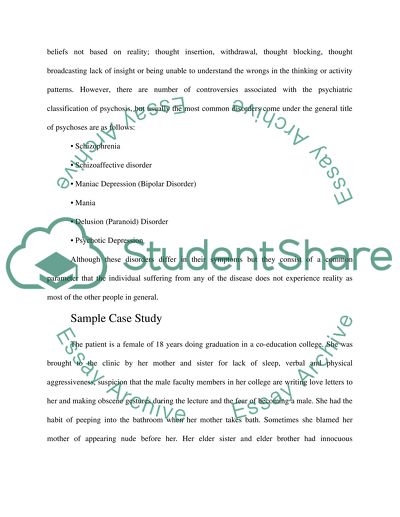Cite this document
(“Psychosocial Interventions With Psychosis Essay”, n.d.)
Retrieved from https://studentshare.org/miscellaneous/1516303-psychosocial-interventions-with-psychosis
Retrieved from https://studentshare.org/miscellaneous/1516303-psychosocial-interventions-with-psychosis
(Psychosocial Interventions With Psychosis Essay)
https://studentshare.org/miscellaneous/1516303-psychosocial-interventions-with-psychosis.
https://studentshare.org/miscellaneous/1516303-psychosocial-interventions-with-psychosis.
“Psychosocial Interventions With Psychosis Essay”, n.d. https://studentshare.org/miscellaneous/1516303-psychosocial-interventions-with-psychosis.


